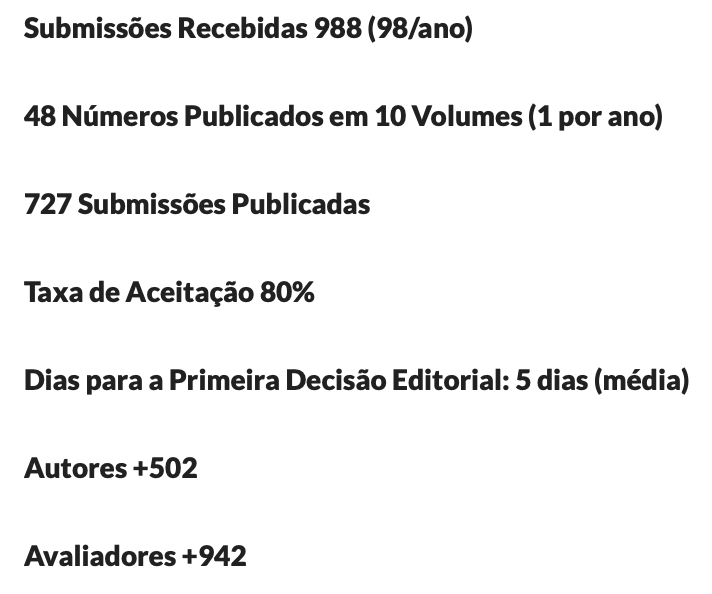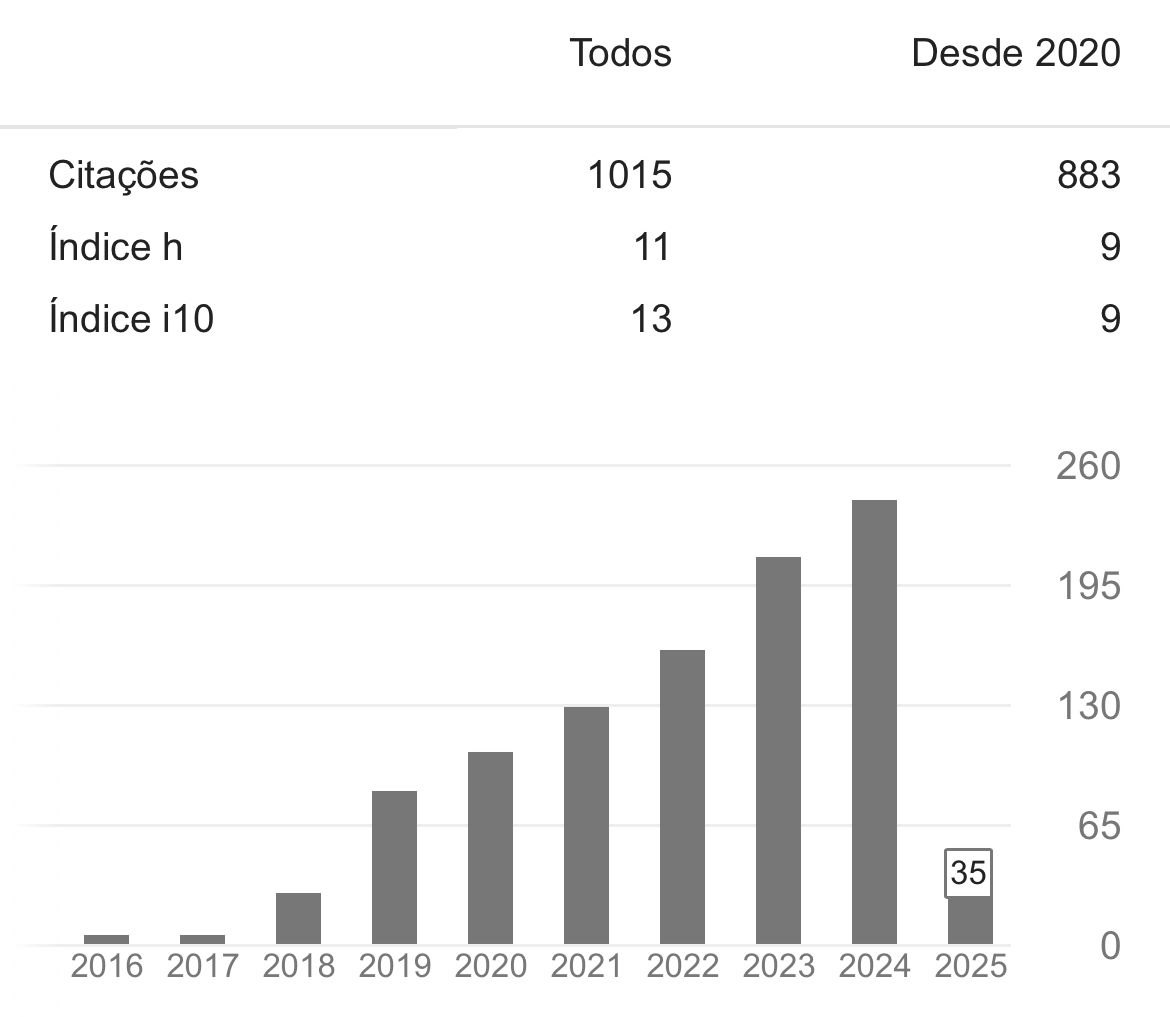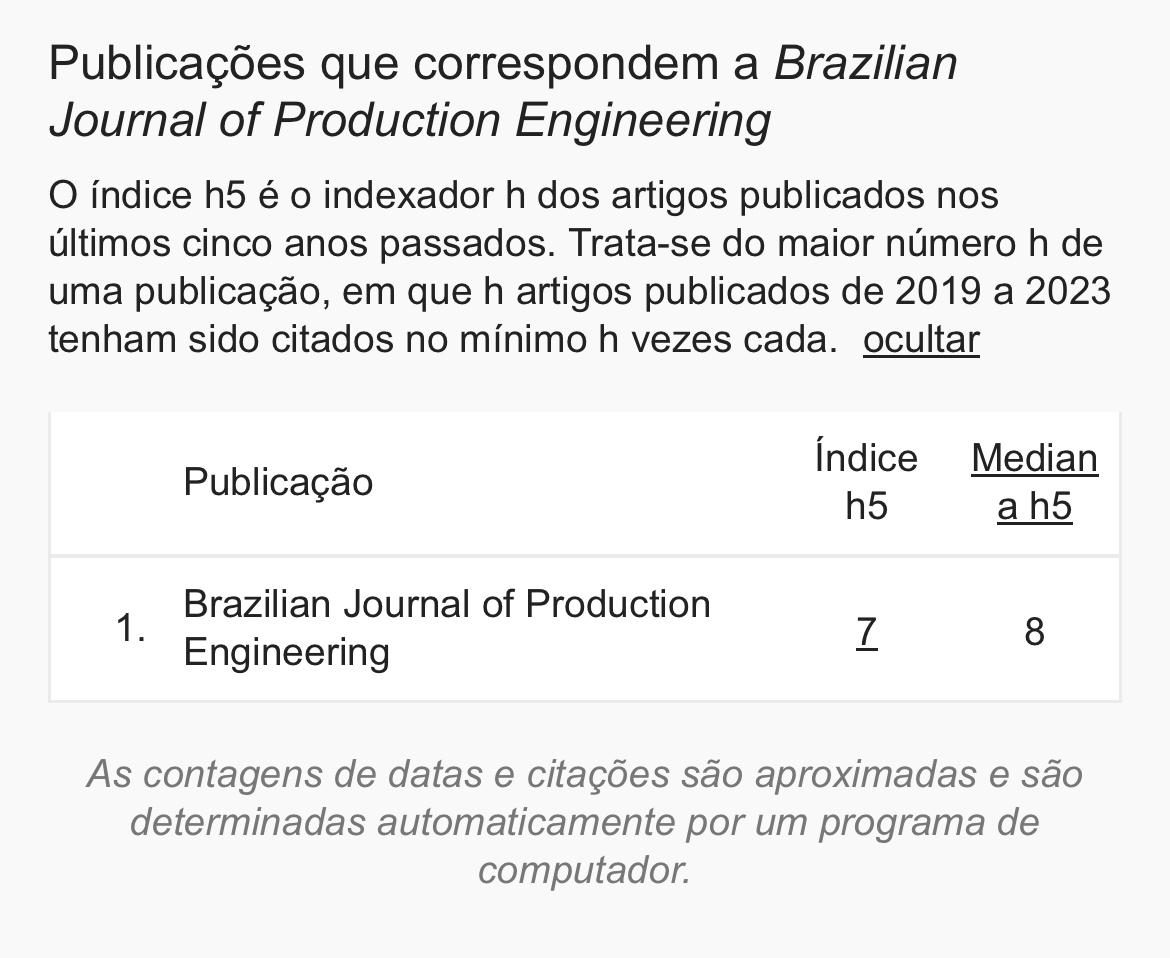Factors that influence the interruption of exclusive breastfeeding in nursing mothers
DOI:
https://doi.org/10.47456/bjpe.v7i3.35499Keywords:
Food Assistance, Breastfeeding, InfantAbstract
Breastfeeding is the fundamental element for children in the first months of life, in order to guarantee growth and appropriate psychological and motor development, meet the child's nutritional needs, provide factors for the promotion and protection of maternal and child health. In addition, it will also provide the mother-child bond when the act of breastfeeding is well experienced by mothers. It was a descriptive, exploratory and quantitative field research, aiming to evaluate the factors that influence the interruption of exclusive breastfeeding in nursing mothers. The survey was performed online using a virtual questionnaire. The population was formed by all mothers of children up to 18 months of age who were participating of a group of mothers, in Patos, Paraíba. The sample consisted of the first 60 volunteers who agreed to participate, considering such sampling equivalent to 100% of the proposed total. Data collection was performed through the application of a semi-structured questionnaire containing closed questions. The sample data were analyzed, tabulated and graphed using the Statistical Package for the Social Sciences (SPSS) software. The results show that the problems that most influenced nursing women regarding the interruption of breastfeeding were nipple fissures (55%), breast engorgement (30%) and low milk production (30%). It is important to mention that a significant proportion reported pain during breastfeeding (60%) and only 17.6% reported exclusive breastfeeding only until six months. Based on this information, health professionals are expected to play a key role in helping mothers with the right orientation, making exclusive breastfeeding successful.
Downloads
References
Alvarenga, S. C., de Castro, D. S., Leite, F. M. C., Brandão, M. A. G., Zandonade, E., & Primo, C. C. (2017). Fatores que influenciam o desmame precoce. Aquichan, 17(1), 93-103. Recuperado de https://www.redalyc.org/pdf/741/74149923009.pdf
Alves, J. D. S., Oliveira, M. I. C. D., & Rito, R. V. V. F. (2018). Orientações sobre amamentação na atenção básica de saúde e associação com o aleitamento materno exclusivo. Ciência & Saúde Coletiva, 23, 1077-1088. https://doi.org/10.1590/1413-81232018234.10752016
Amaral, R. C. (2016). Fatores que contribuem para o desmame precoce e atuação da enfermagem. FACIDER-Revista Científica, 9(9), 1-17.
Brandão, E. C., da Silva, G. R. F., de Oliveira Gouveia, M. T., & Soares, L. S. (2012). Caracterização da comunicação no aconselhamento em amamentação. Revista Eletrônica de Enfermagem, 14(2), 355-65. https://doi.org/10.5216/ree.v14i2.12748
Brasil. (2009a). Ministério da Saúde. Secretaria de Atenção à Saúde. Departamento de Atenção Básica. Saúde da criança: Nutrição infantil: aleitamento materno e alimentação. Brasília: Editora do Ministério da Saúde. Recuperado de https://bvsms.saude.gov.br/bvs/publicacoes/saude_crianca_nutricao_aleitamento_alimentacao.pdf
Brasil. (2009b). Ministério da Saúde. Secretaria de Atenção à Saúde. Departamento de Ações Programáticas e Estratégicas. II Pesquisa de prevalência de aleitamento materno nas capitais brasileiras e Distrito Federal. Brasília: Ministério da Saúde. Recuperado de https://portaldeboaspraticas.iff.fiocruz.br/biblioteca/ii-pesquisa-de-prevalencia-de-aleitamento-materno-nas-capitais-brasileiras-e-distrito-federal/
Capucho, L. B., Forechi, L., Lima, R. D. C. D., Massaroni, L., & Primo, C. C. (2017). Fatores que interferem na amamentação exclusiva. Revista Brasileira de Pesquisa em Saúde/Brazilian Journal of Health Research, 19(1), 108-113. Recuperado de https://periodicos.ufes.br/rbps/article/view/17725
Dos Santos, A. A., Resende, M. A., Maia, G. P., de Jesus Carvalho, N. C., & Júnior, A. D. P. F. (2020). O papel do enfermeiro na prevenção do desmame precoce. Revista Eletrônica Acervo Enfermagem, 2, e2232-e2232.
Escarce, A. G., de Araújo, N. G., de Lima Friche, A. A., & Motta, A. R. (2013). Influence of guidance about breastfeeding in the behavior of a university hospital users. Revista CEFAC, 15(6), 1570-1582. https://doi.org/10.1590/S1516-18462013000600020
Kantovisck, M., & Giustina, A. P. (2016). A importância da assistência no pré-natal. Recuperado de http://www.uniedu.sed.sc.gov.br/wp-content/uploads/2016/10/MARINES-NEVES-KANTOVISCK..pdf
Martins, D. R., & Zanatta, E. A. (2006). Percepções das mães acerca do aleitamento materno e desmame precoce. Revista de Enfermagem, 2(2 e 3), 53-74.
Moimaz, S. A. S., Rocha, N. B., Garbin, A. J. I., & Saliba, O. (2011). Relação entre aleitamento materno e hábitos de sucção não nutritivos. Ciência & Saúde Coletiva, 16, 2477-2484. https://www.scielo.br/pdf/csc/v16n5/a17v16n5.pdf
Moreno, P. D. F. B. B., & Schmidt, K. T. (2014). Aleitamento materno e fatores relacionados ao desmame precoce. Cogitare Enfermagem, 19(3). 576-81.
Oliveira, K. M. P. de & Marques, I. R. (2011) Situação do aleitamento materno no Brasil: uma revisão. Revista de Enfermagem Unisa, 12(1), 73-78. Recuperado de https://docplayer.com.br/15189728-Situacao-do-aleitamento-materno-no-brasil-uma-revisao.html
Pereira, R. S. V., Oliveira, M. I. C. D., Andrade, C. L. T. D., & Brito, A. D. S. (2010). Fatores associados ao aleitamento materno exclusivo: o papel do cuidado na atenção básica. Cadernos de Saúde Pública, 26, 2343-2354. https://doi.org/10.1590/S0102-311X2010001200013
Primo C., Nunes C.O, Lima, B.F.A., Leite, E.M.C., Pontes, F.B.M, & Brandão G., M.A. (2016). Quais fatores influenciam as mulheres na decisão de amamentar? Investigación y Educación en Enfermería, 34(1), 198-217. https://doi.org/10.17533/udea.iee.v34n1a22
Shimoda, G. T., Aragaki, I. M. M., Sousa, C. A. de, & Silva, I. A. (2014). Associação entre persistência de lesão de mamilos e condições de aleitamento materno. REME: Revista Mineira de Enfermagem, 18, 68-74. https://doi.org/10.5935/1415-2762.20140006
Silva, A. M. D., Santos, M. C. S. D., Silva, S. R. D. M., Ferreira, F. Â., Freitas, R. D. S. C., Santos, R. E. A. D., & Gouveia, M. T. (2018). Aleitamento materno exclusivo: empecilhos apresentados por primíparas. Rev. Enferm. UFPE on line, 12(12), 3205-3211. Recuperado de https://pesquisa.bvsalud.org/portal/resource/pt/biblio-999669
Silva, R. A., Barreto, C. C. M., Bezerra, A. M. F., Bezerra, K. K. S., & Bezerra, W. K. T. (2015). Aleitamento materno: fatores que influenciam o desmame precoce. Revista Brasileira de Educação e Saúde, 5(3), 01-07. Recuperado de http://oaji.net/articles/2016/2628-1461602690.pdf
Silveira, L. M. D., Prade, L. S., Ruedell, A. M., Haeffner, L. S. B., & Weinmann, A. R. M. (2013). Influence of breastfeeding on children's oral skills. Revista de saúde pública, 47, 37-43. Recuperado de https://www.researchgate.net/publication/236908109_Influence_of_breastfeeding_on_children's_oral_skills
Viana, M. A. (2007) A importância do aleitamento materno exclusivo. Trabalho de conclusão de curso - Faculdade de Ciências da Educação e Saúde. Brasília. Recuperado de https://repositorio.uniceub.br/jspui/bitstream/235/11737/1/21313612.pdf
Downloads
Published
How to Cite
Issue
Section
License
Copyright (c) 2021 Brazilian Journal of Production Engineering - BJPE

This work is licensed under a Creative Commons Attribution-NonCommercial-ShareAlike 4.0 International License.

















































































